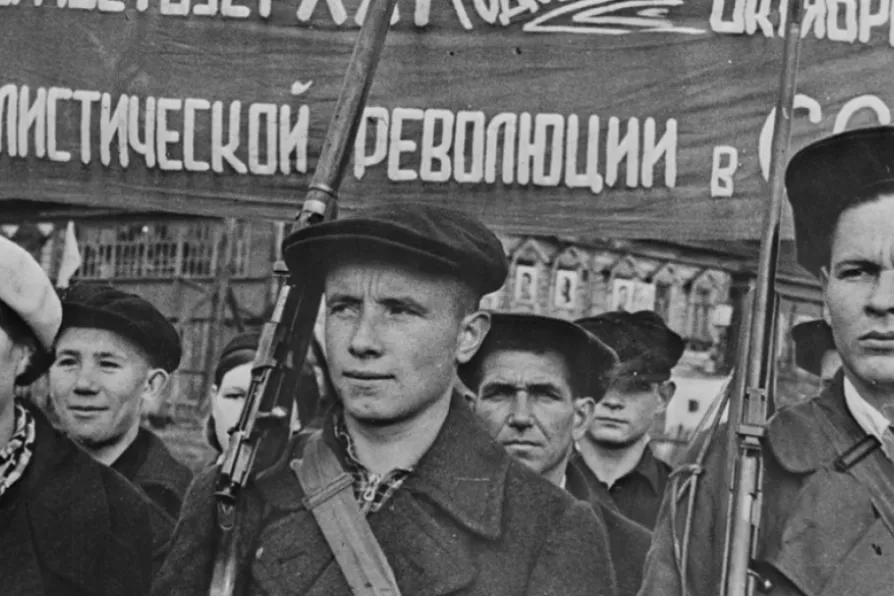RITA DI SANTO draws attention to a new film that features Ken Loach and Jeremy Corbyn, and their personal experience of media misrepresentation
Acute angles on the revolution that changed the world


1917 The Russian Revolution: Reactions and Impact
Edited by David Morgan
(Socialist History Society, £6)
“DO WE really need another book on the Russian revolution?” David Morgan asks rhetorically in his preface to this publication.
The answer is “yes” if it deepens our understanding of those historical events and provides a fresh perspective and this volume of short essays by eight perceptive and challenging historians does just that.
Similar stories

Peter Mitchell's photography reveals a poetic relationship with Leeds

NICK WRIGHT delicately unpicks the eloquent writings on art of an intellectual pessimist who wears his Marxism lightly

JOHN GREEN surveys the remarkable career of screenwriter Malcolm Hulke and the essential part played by his membership of the Communist Party

ANDY HEDGECOCK relishes two exhibitions that blur the boundaries between art and community engagement










